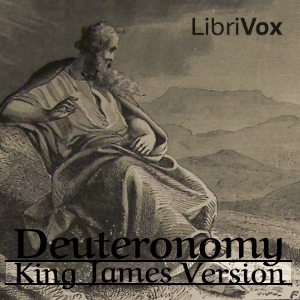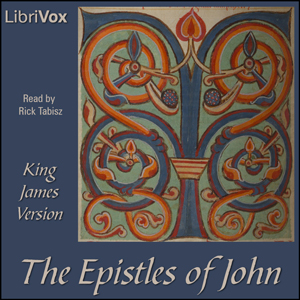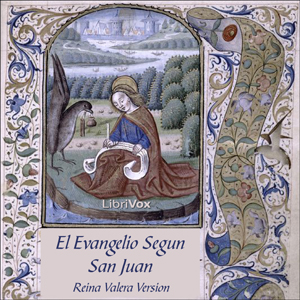- 01 - Chapters 1-2
- 02 - Chapters 3-4
- 03 - Chapters 5-7
- 04 - Chapters 8-10
- 05 - Chapters 11-13
- 06 - Chapters 14-16
- 07 - Chapters 17-19
- 08 - Chapters 20-22
- 09 - Chapters 23-25
- 10 - Chapters 26-27
- 11 - Chapter 28
- 12 - Chapters 29-31
- 13 - Chapters 32-34
Deuteronomy is the fifth book of the Hebrew Bible, and of the Jewish Torah/Pentateuch. The Hebrew title, "[spoken] words", is taken from the opening phrase, "These are the words..."; the English title is from the Greek and Latin, both meaning "second law", a mistranslation of the Hebrew phrase mishneh ha-torah ha-zoth, "a copy of this law", in Deuteronomy 17:18.
The book consists of three sermons or speeches delivered to the Israelites by Moses on the plains of Moab, shortly before they enter the Promised Land. The first sermon recapitulates the forty years of wilderness wanderings which have led to this moment, and ends with an exhortation to observe the law (or teachings); the second reminds the Israelites of the need for exclusive allegiance to one God and observance of the laws he has given them, on which their possession of the land depends; and the third offers the comfort that even should Israel prove unfaithful and so lose the land, with repentance all can be restored.
One of its most significant verses is Deuteronomy 6:4, the Shema, which has become the definitive statement of Jewish identity: "Hear, O Israel: the Lord our God, the Lord is one." Verses 6:4-5 were also quoted by Jesus in Mark 12:28-34 as part of the Great Commandment. (Modified from Wikipedia)
The book consists of three sermons or speeches delivered to the Israelites by Moses on the plains of Moab, shortly before they enter the Promised Land. The first sermon recapitulates the forty years of wilderness wanderings which have led to this moment, and ends with an exhortation to observe the law (or teachings); the second reminds the Israelites of the need for exclusive allegiance to one God and observance of the laws he has given them, on which their possession of the land depends; and the third offers the comfort that even should Israel prove unfaithful and so lose the land, with repentance all can be restored.
One of its most significant verses is Deuteronomy 6:4, the Shema, which has become the definitive statement of Jewish identity: "Hear, O Israel: the Lord our God, the Lord is one." Verses 6:4-5 were also quoted by Jesus in Mark 12:28-34 as part of the Great Commandment. (Modified from Wikipedia)
There are no reviews for this eBook.
There are no comments for this eBook.
You must log in to post a comment.
Log in











